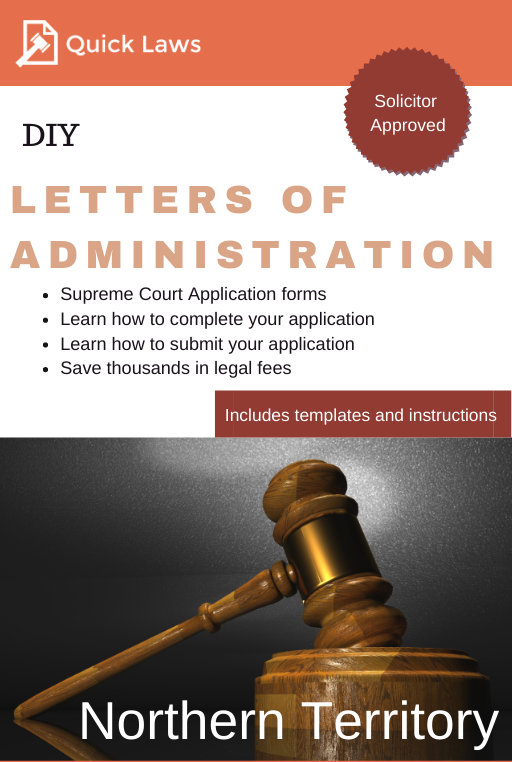When a person passes away without leaving a valid will, their estate is distributed according to the applicable intestacy laws. The process of administering the estate and distributing assets in such cases is known as applying for Letters of Administration. This article provides an overview of the process involved in applying for Letters of Administration in Australia.
Understanding Letters of Administration
Letters of Administration is a legal document issued by the Supreme Court, granting authority to an individual (known as the administrator) to manage and distribute the estate of a deceased person who died intestate (without a will). The administrator's role is similar to that of an executor in a probate process.
Determine your eligibility
Before applying for Letters of Administration, it's crucial to establish your eligibility. This will depend on the applicable intestacy laws, which can be complex. If you are not sure about your eligibility to apply for Letters of Administration, then you should seek legal advice. We can provide professional and qualified advice, for a fixed and affordable fee.
How to Apply
In general, some of he steps to apply for Letters of Administration are:
Gather necessary documents
To initiate the application process, you will need to collect several essential documents, which may include:
Death certificate of the deceased
Proof of your relationship to the deceased (e.g., marriage certificate, birth certificate, etc.)
Identification documents (e.g., passport, driver's license)
Evidence of the deceased's assets and liabilities (bank statements, property documents, debts, etc.)
Publication of notice
Depending on the state or territory, you may be required to publish a notice in the relevant state's official government gazette or a local newspaper. The notice serves to inform potential claimants and creditors of the deceased's estate, allowing them a specified period to come forward.
Complete the application forms
Obtain the application forms for Letters of Administration in the relevant jurisdiction. Complete the form accurately and provide all the required information about the deceased, their estate, and your relationship to them. Ensure that you include a comprehensive list of the deceased's assets and liabilities.
File the application
Once the application forms are completed, they must be filed with the Supreme Court in the appropriate jurisdiction. You will also need to pay the required application fee, which may vary depending on the value of the estate.
Estate administration
Once the Letters of Administration are obtained, you will have the legal authority to manage the deceased's estate. Your responsibilities may include:
Identifying, securing, and valuing assets
Paying off debts, taxes, and administration expenses
Distributing the remaining assets according to intestacy laws
Keeping accurate records of all financial transactions and correspondence
Finalising the estate
Upon administering the estate and distributing the assets, you will need to prepare a final statement of account, detailing all transactions and distributions made. This statement should be provided to all beneficiaries, and any remaining funds should be appropriately dealt with as per legal requirements.
Conclusion
Applying for Letters of Administration in Australia is a crucial step in managing the estate of a person who has passed away intestate. By following the outlined steps, gathering the necessary documents, and fulfilling your obligations as an administrator, you can ensure the proper distribution of assets and adherence to the laws governing intestacy.
However, if you encounter complexities or uncertainties during the process, it is recommended to seek legal advice to navigate the application successfully. We are experienced and qualified Lawyers that can assist you with your application for Letters of Administration for a small fixed fee. All you need to do is a complete a short online form. Learn More >
This article contains information of a general nature only and is not specific to your circumstances. This is not legal advice and should not be relied upon without independent legal or financial advice, specific to your circumstances.









